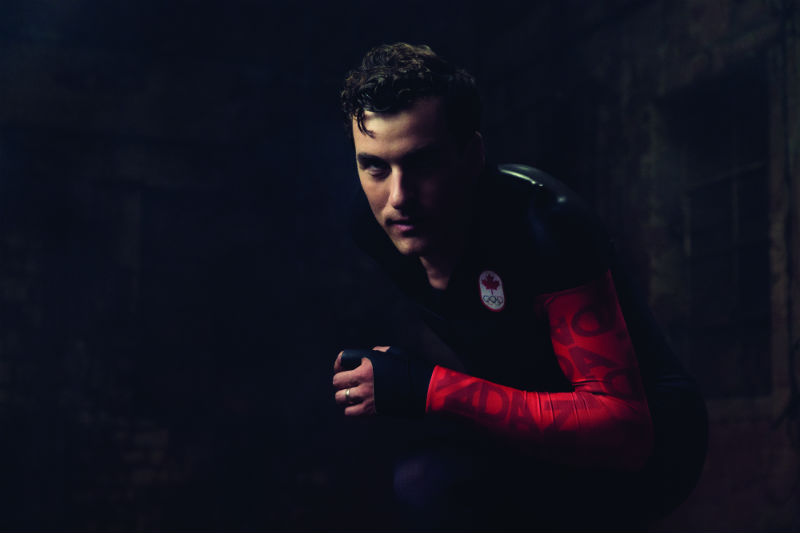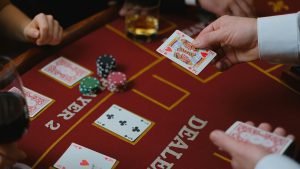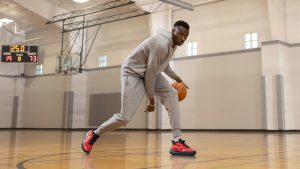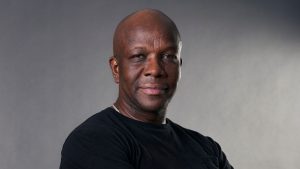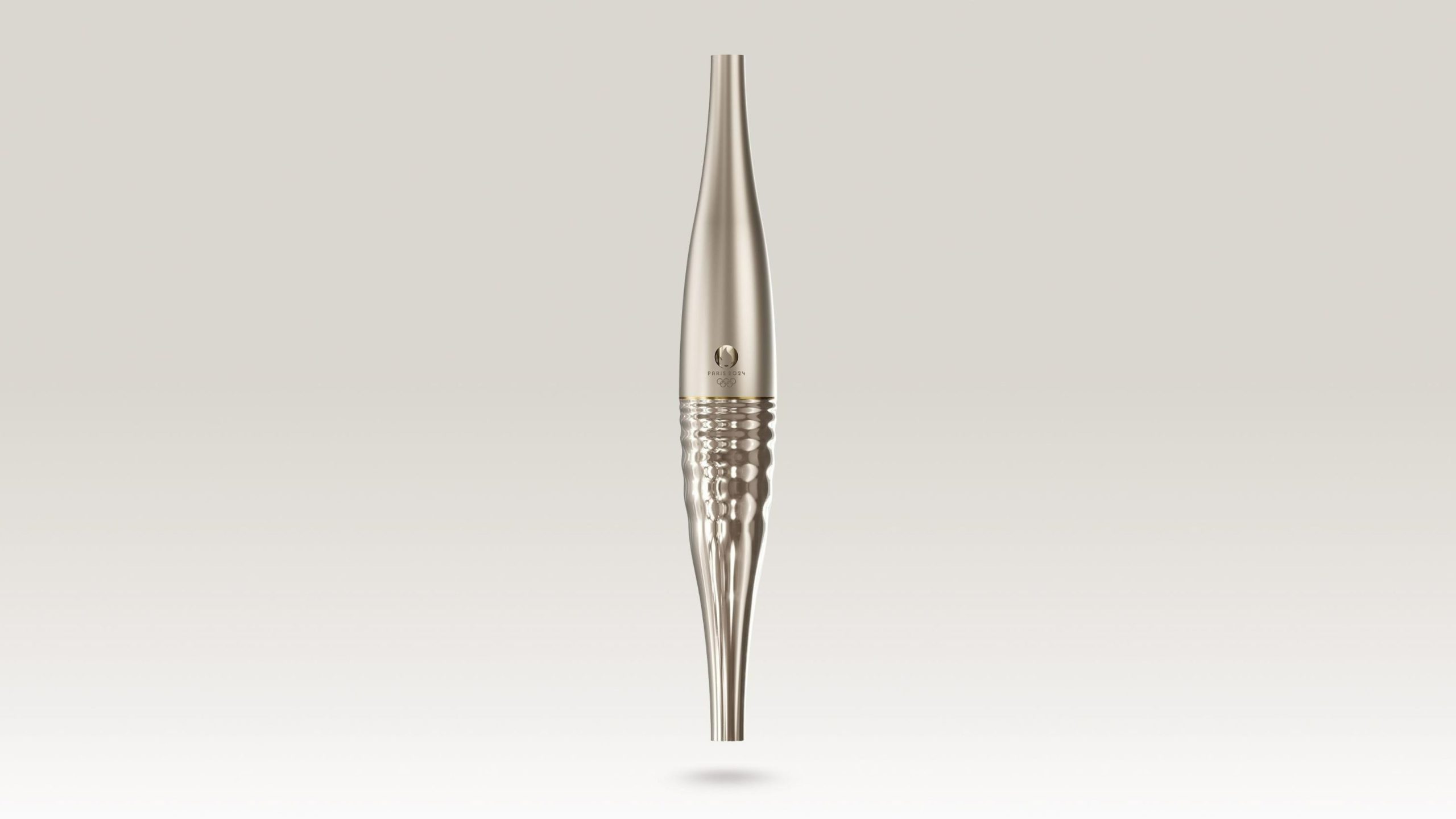Denny Morrison has gone from the brink of death to summiting the world of sports as one of Canada’s most decorated athletes. Here’s what you can learn from the Olympic speed skater’s journey to the top.
Written by Chris Penrose
Photo courtesy of Canadian Olympic Committee.
Denny Morrison almost lost it all twice. How he traversed the difficult road back to Olympic competition is a journey with lessons we can all learn from.
During the Sochi Olympics in 2014, Morrison cemented himself as a Canadian Olympic legend in long track speed skating. It was at those Olympics that he earned the third and fourth medals of his career (a silver and a bronze) in the 1000 metre and 1500 metre individual races.
As the nation celebrated his medal wins with him, he could not have known that he would come frighteningly close to losing it all a year later.
It was May of 2015, when Morrison was in a motorcycle accident that left him with a broken femur and in a confused state. At his bedside was fellow speed-skater (and now wife), Josie Spence. Making a full recovery from such a serious injury takes an unbelievable level of commitment – returning to Olympic form is a whole other matter.
Eleven months after his crash, having completed intensive physio, Morrison and Spence ventured out on an 800-mile bike ride together through the American southwest. It was on that journey that a near-tragic setback hit Denny again – he suffered a stroke.
“The stroke happened during some forced rest days, a mechanical break,” Morrison recalls. Days earlier they were in a remote part of Arizona, often with no cell phone service, where getting immediate medical attention would not have been possible. It was Spence who noticed the signs of stroke in his face; “she saw I was drooling. Drool saved my life,” he jests.
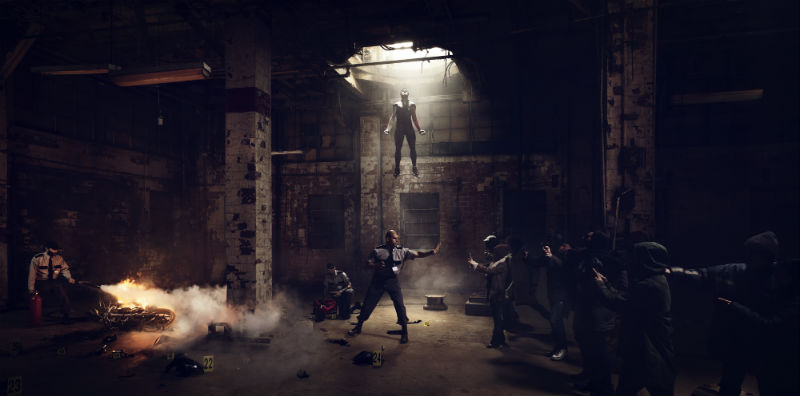

For someone that has experienced success at such a high level, Denny gives a lot of credit to having a strong support system — a team of people you can rely on. “I’m really lucky to surround myself with this team that is always there for me when I need them most,” he remarks.
In June of 2016, Morrison started on the road to recovery again with surgery to the artery that was originally damaged in his motorcycle accident. A couple of months later, he returned to full Olympic training, but with a shifted focus. “My first number of Olympics, especially my first two, were more about the [number of] medals I could win and the performance I could have, and how good I could be,” he says. “Now I feel like my general sense, and that of our team, is how good can our team be? How good can I help my teammates become?”
One of the major ways he is giving to his team now is as a mentor, where he has learned that taking on such a role can be as valuable to you as it is to those you are mentoring. Morrison spends a lot of time going back to club level skaters and offering technical tips. While it means a lot to those with dreams of the Olympics ahead of them, he sees how valuable it has been for him, as well. “It helps me reinforce those ideas in my skating so I can be good as well.”
You don’t endure all he has faced and come out the same person physically, mentally, or emotionally. His perspective is not the only thing that has changed along the way. Morrison has had to shift how he trains, how he races, and how he understands his strengths on the ice. “My stamina and my endurance in my races is better than it has ever been in my career, but my opening is worse. My opening is slower than I’ve ever been, but I am finishing faster than I ever have in my career.” Morrison has embraced the fact that his ability to win may not be in his explosive openings, but will now be in how he closes those final laps.
Adversity will come and go (and it may come again), but how you face it is what will define you. Looking at Morrison’s path, having a solid team around you (which requires being a great teammate, yourself), growing by giving back, and being willing to adapt are three keys we can all make use of.


